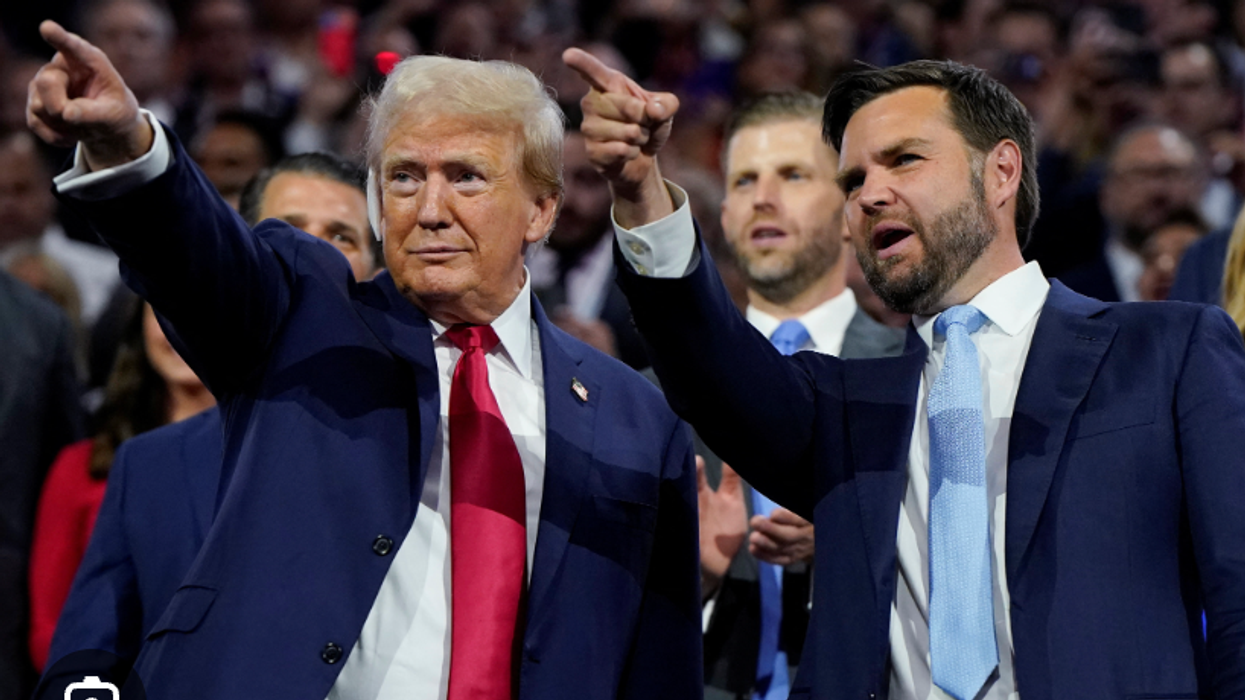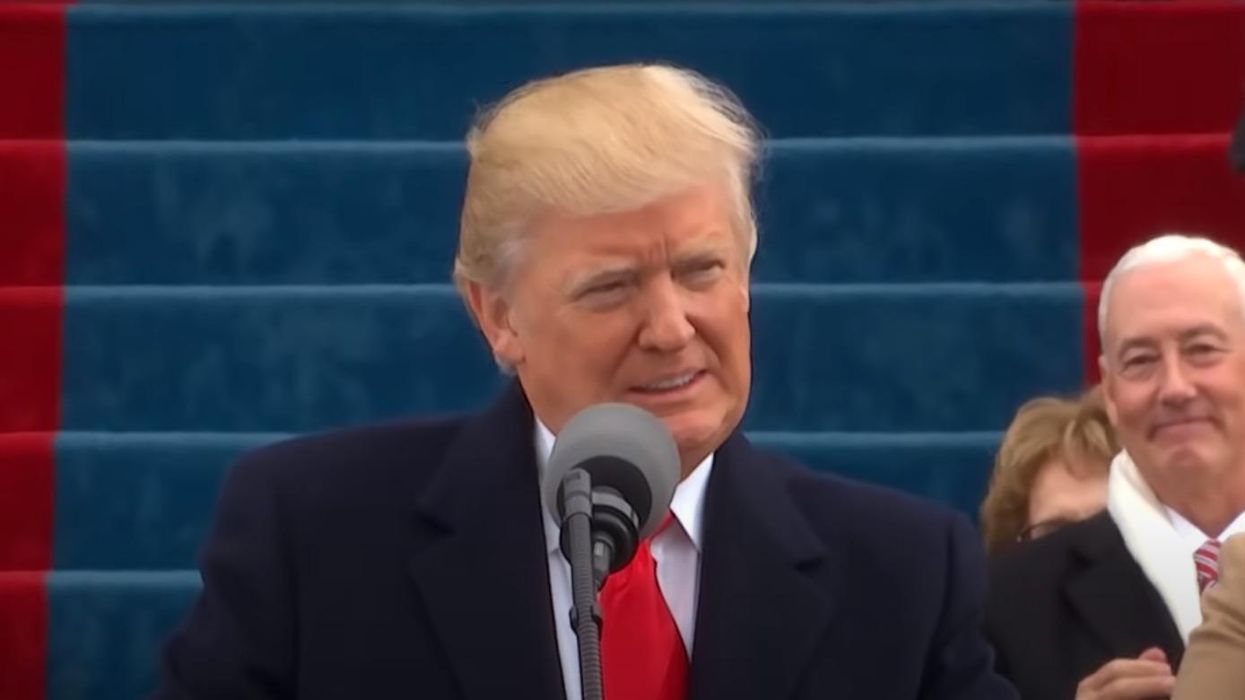Lies, Damned Lies, And Mass Deportations
Donald Trump returned to power apparently convinced that America is being overrun with violent immigrant criminals. So all he had to do was order ICE to start rounding up these evildoers and kick them out.
However, tracking down undocumented immigrants who are also criminals has turned out to be a slow affair, because the great majority of immigrants — like the great majority of people in general — are law-abiding. In fact, the available evidence suggests that undocumented aliens are less likely to commit crimes than native born Americans. Things move a little faster if ICE ignores due process and just sends people it imagines might be criminals to overseas prisons. But this means sending people who may well be innocent — and legal residents — to horrifying gulags. And while such things don’t bother Trump or his top aide Stephen Miller, they do in fact bother many Americans.
Yet Miller, by all accounts, has been deeply frustrated at the slow pace of deportations. So the administration began just rounding up people who look to them like illegal immigrants. Again, the abandonment of due process and rule of law clearly didn’t bother them.
But the loss of an important part of the labor force bothered business interests. And so last week Trump suddenly announced that he wouldn’t be going after immigrant workers in agriculture and the hospitality industry, who are “very good, long time workers.”
What this meant, I guess, was that the dragnets will be limited to industries that employ large numbers of undocumented immigrants, but in which these immigrants are not a crucial part of the work force.
So I wondered how long it would take Trump to realize that there are no such industries. I mean, wait until he learned about who does the hard, dangerous work in the construction industry.
Sure enough, it only took a couple of days for the administration to reverse its policy of exempting farms and restaurants from immigrant raids. Anti-immigrant hardliners realized, even if Trump didn’t, that going easy on immigrants who are crucial to the economy would in effect mean abandoning the whole idea of mass deportation.
As often, it’s useful if disturbing to read what Trump says, unfiltered by media sanewashing.
Notice that Trump is still going on about “our crime ridden and deadly Inner Cities,” oblivious to the reality that homicides in major cities have plunged — in New York, where immigrants make up 37 percent of the population, murders were 83 percent lower in 2024 than in 1990, and have continued to fall rapidly this year. Note also that Trump has gone full Replacement Theory, claiming that Democrats are deliberately bringing in illegal aliens to “expand their voter base” (undocumented immigrants can’t vote.)
But in the context of Trump’s temporary move on farm and hospitality workers, the line that struck me was the one about how immigrants were “robbing good paying Jobs and Benefits from Hardworking American Citizens.” Which “good paying Jobs and Benefits” did he have in mind? Agricultural field work? Scrubbing toilets? Installing drywall?
Incidentally, not only do undocumented immigrants often do the most physically demanding and unsafe work, they are often deliberately misclassified as independent contractors, which means that they “do not have access to health insurance, medical leave, workers’ compensation insurance coverage, and safe workplace protections.”
The point is that in general undocumented immigrants don’t take good jobs away from native-born Americans. By and large they take jobs the native-born don’t want or would only take at much higher wages. This means that immigrants are complements, not substitutes, for native workers. They increase, not reduce, native-born wages. And mass deportation, if it really gets going, will be an economic as well as a human catastrophe.
Which doesn’t mean that it won’t happen. TACO doesn’t necessarily mean that Trump chickens out from bad policies. Sometimes it means chickening out from good, or in any case less bad, policies. In this case he has chickened out in the face of MAGA hardliners, retreating from a policy change that would have limited the damage from anti-immigrant fanaticism.
Reprinted with permission from Substack.












